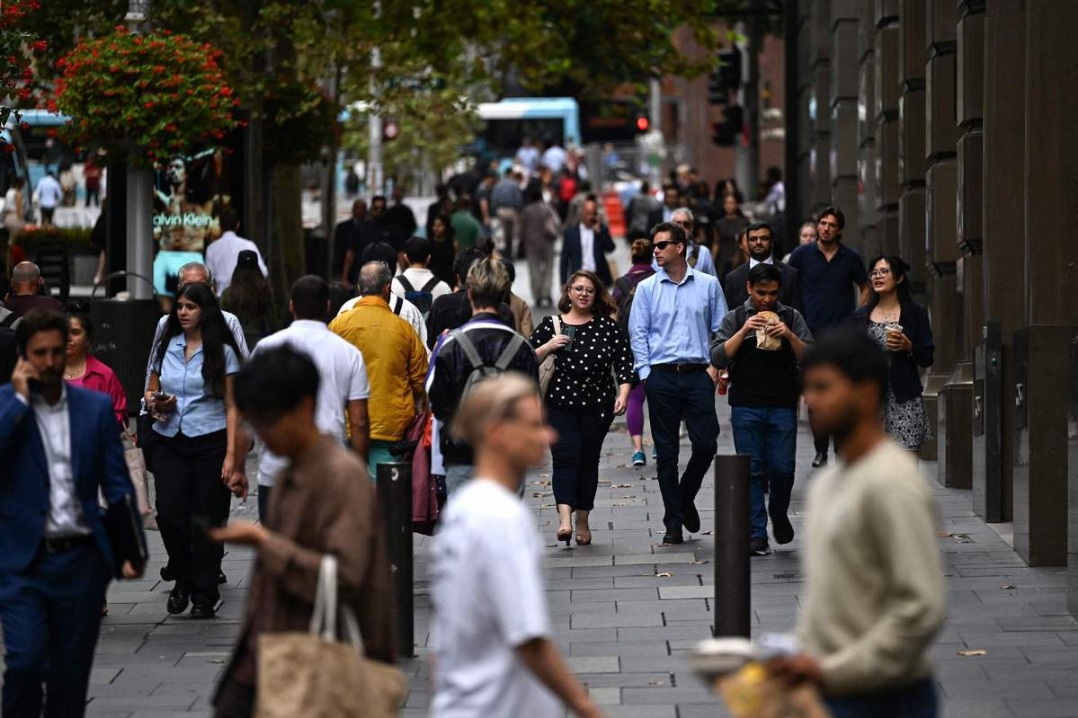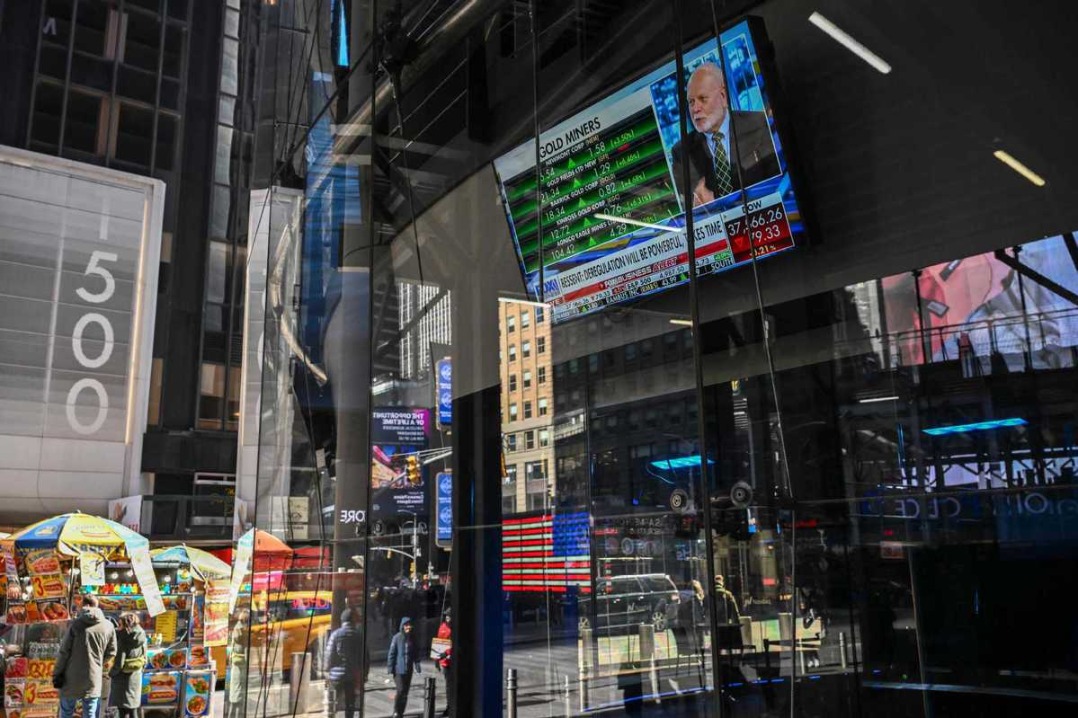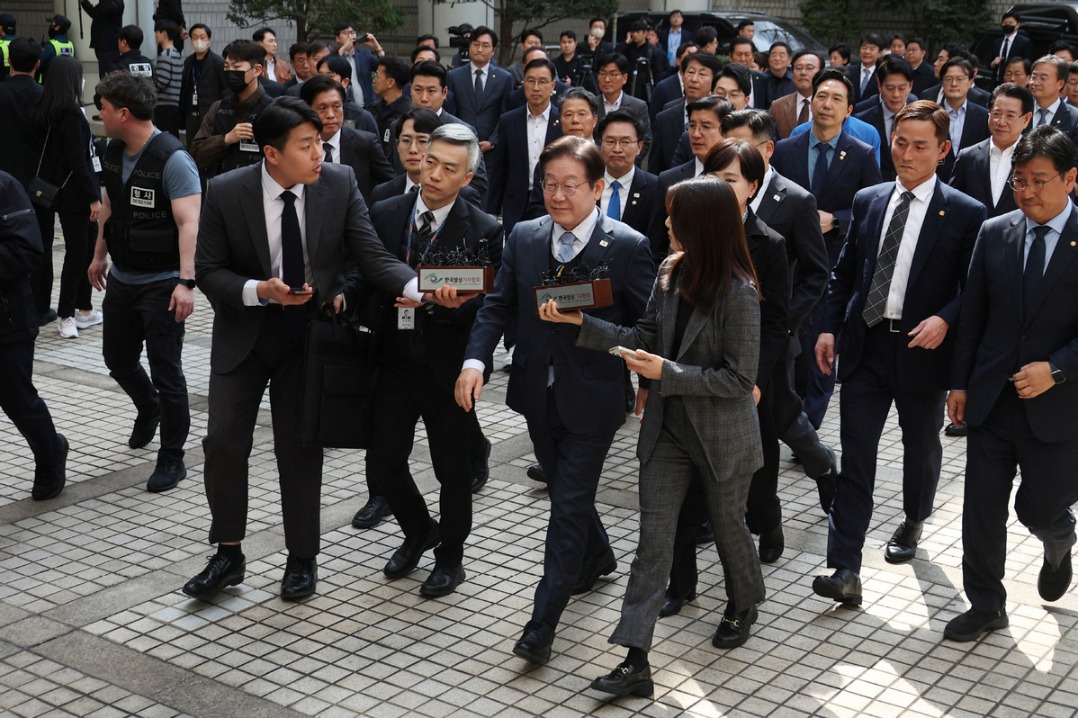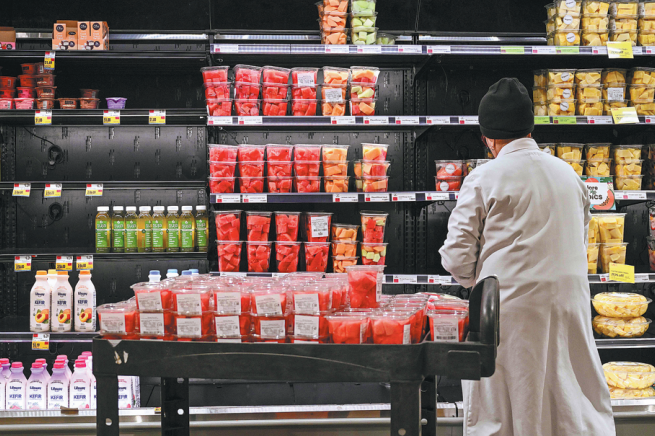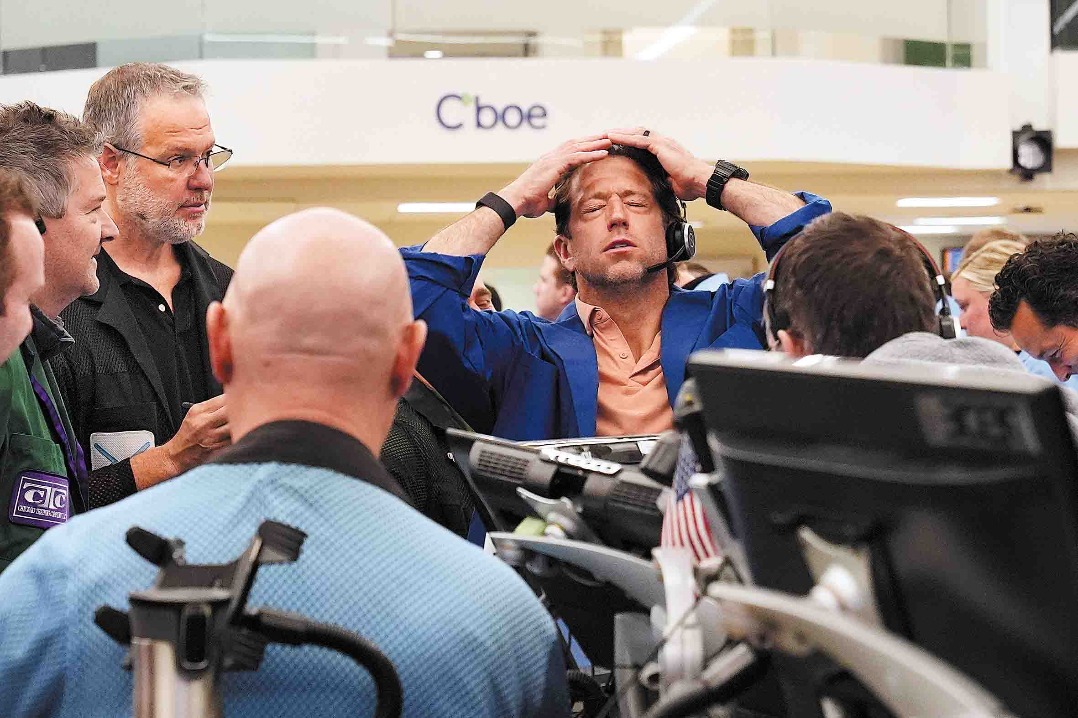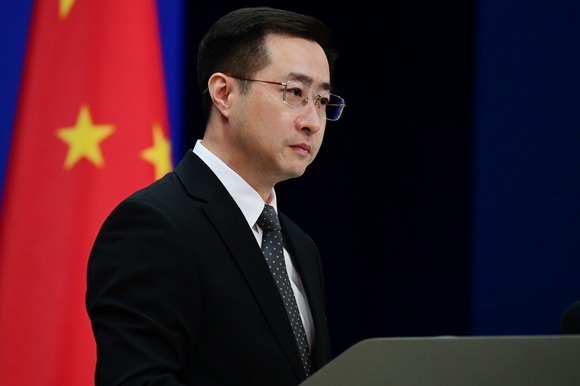French firms gather to mull new import duties

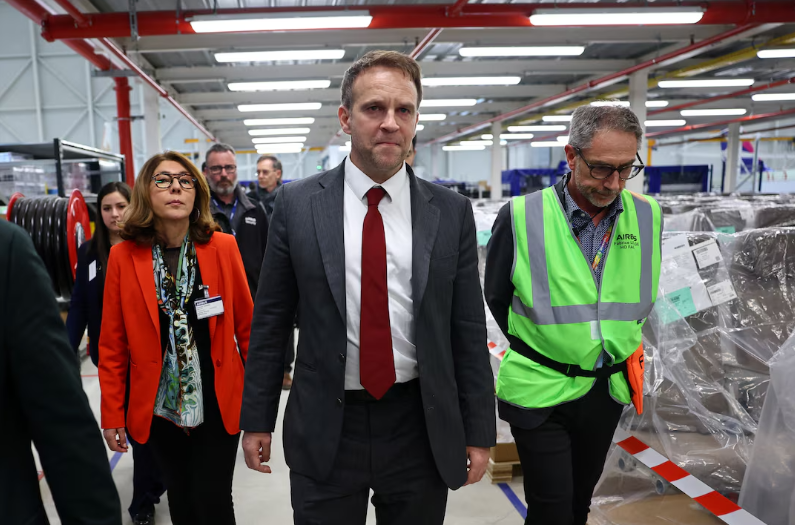
French industry leaders gathered in Paris on Tuesday to assess the fallout of the United States' decision to increase customs duties.
The National Industry Council, or CNI, met to discuss the growing crisis, which is already affecting key sectors, including aerospace, steel, and consumer goods.
At the same time, as part of a coordinated national response, government officials are working to find the best ways to protect jobs and stabilize European supply chains.
The moves follow the US confirmation of new tariffs on industrial imports, including some European goods.
While not aimed solely at France, the duties have been described as a "historic shock" by several business leaders and concerns are mounting over reduced exports, job cuts, and shrinking investment.
During Tuesday's CNI meeting, Minister for Industry and Energy Marc Ferracci emphasized the need for a unified approach to safeguard French economic interests and maintain stability.
The council agreed to collaborate closely with European partners to formulate proportionate countermeasures while keeping diplomatic channels open in a bid to resolve the escalating trade tensions. The CNI is officially presided over by France's prime minister, with the industry minister acting as a deputy when necessary.
At the heart of the nation's concerns is France's aerospace industry, which is a flagship of European engineering. The sector, which is led by Airbus, is a major exporter to the US, supplying aircraft and components through tightly integrated supply chains.
For more than 40 years, trade has flowed freely without customs barriers, making the US a key market for France's aerospace sector.
Airbus CEO Guillaume Faury told Le Figaro on Friday: "It is important to remember that in aeronautics, there are no customs barriers. For over 40 years, components and systems have moved freely — that freedom is now under threat."
Ferracci warned that disrupting such integrated supply chains would have direct economic consequences and he stressed the importance of maintaining international cooperation in production and logistics.
Speaking to BFMTV on Saturday, Ferracci said the crisis could accelerate long-needed economic reforms.
"This exceptional situation must become a lever to boost European competitiveness," he said, while calling for lower energy costs, simplified regulation, and reduced labor expenses.
Ferracci also called on French companies to delay investments in the US.
"This is economic patriotism — producing and sourcing in France must become a priority," he said.
Tuesday's meeting brought together leaders from sectors including transport, chemicals, metallurgy, consumer goods, and healthcare and its goal was to assess both the direct and indirect impacts of US tariffs on suppliers and employment across industries. In a statement to Les Echos on Tuesday, the Ministry of Economy and Finance reported that most participants backed a strong European response.
Industrial concerns
However, several sectors expressed concern about the potential risks of a full-scale trade confrontation.
The EU plans to introduce 25-percent tariffs on scores of goods from almonds to yachts, with the first duties being collected from April 15, while the bulk apply from May 15 and the remainder from Dec 1, the Guardian reported.
According to AFP, products such as bourbon will be excluded to prevent US retaliation against European wine and spirits. A European Commission spokesperson said the bloc's formal response may be announced "early next week."
To prevent market oversaturation, France supports strengthening the EU's safeguard clause — a trade defense measure introduced in 2018 to protect European steelmakers.
France's President Emmanuel Macron has called for a "proportionate" EU response while keeping negotiations open. He is scheduled to lead a Strategic Council on Tariffs on May 13, government spokesperson Sophie Primas has confirmed.
Meanwhile, Minister Delegate for the Budget and Public Accounts Amelie de Montchalin announced on RMC Radio on Wednesday that the government will set aside 5 billion euros ($5.5 billion) in a precautionary reserve to support affected sectors.
"Our objective is that these US tariffs never take effect," she said, adding that France remains committed to reducing its public deficit below 3 percent of GDP, despite the new economic pressures.
Olivier Garnier, chief economist at the Bank of France, said in an interview with BFM Business on Wednesday that the US tariffs are unlikely to significantly affect inflation within the eurozone. "This is a far bigger shock for the United States than it is for Europe," he said.
While the full impact of the tariffs is still being assessed, France has said its strategy will be to balance firmness with diplomacy. The coming weeks will be crucial in shaping Europe's response and ensuring that trade remains stable in an increasingly uncertain global environment.

















